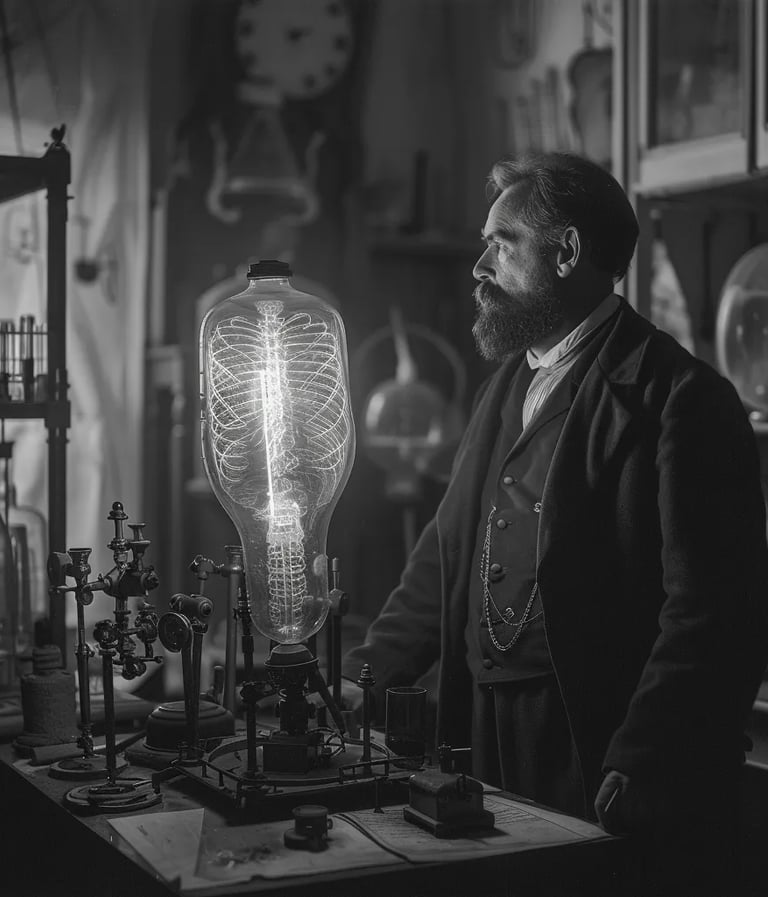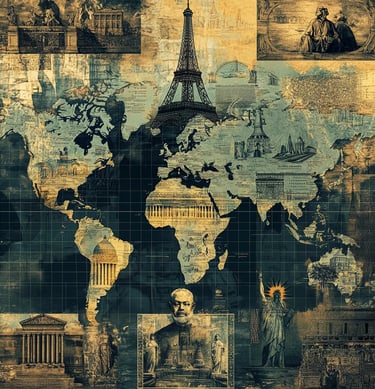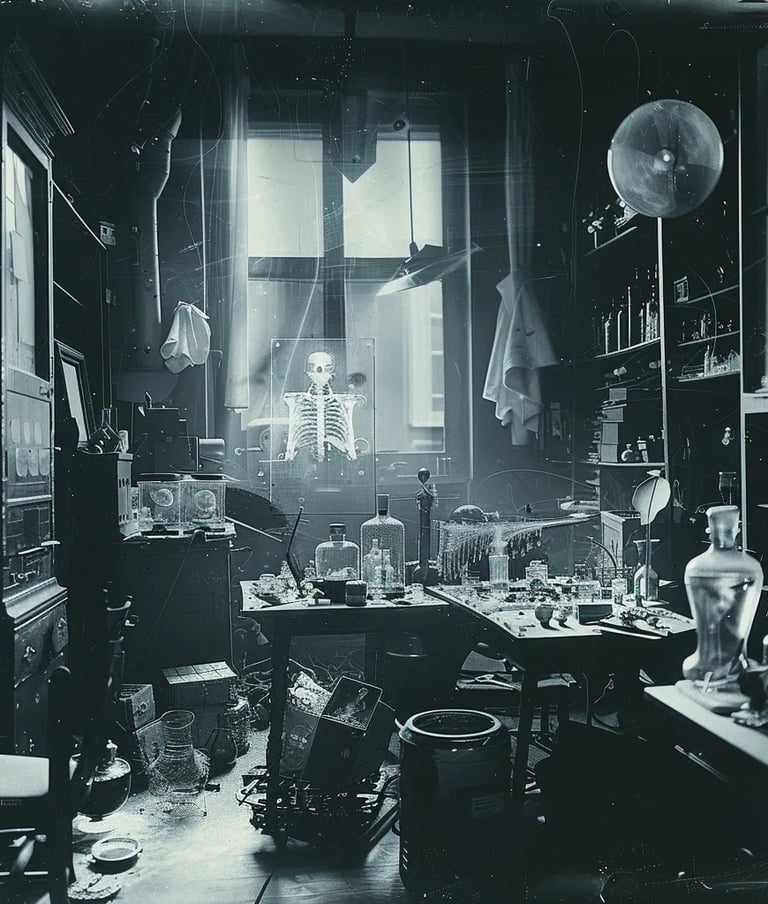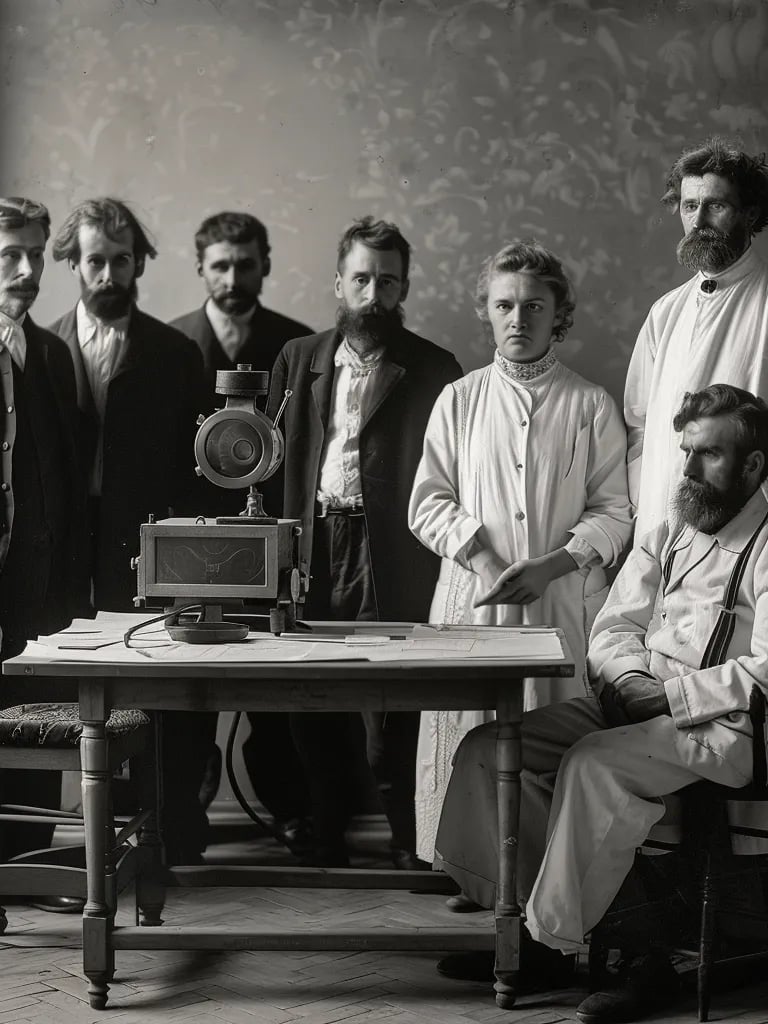On November 8, 392, Emperor Theodosius I made a monumental decision—Christianity was declared the official state religion of the Roman Empire. Pagan practices were banned, temples were shut down, and centuries of Greco-Roman traditions were swept aside. This declaration shaped the future of Europe, solidifying Christianity’s dominance and influencing politics, culture, and religious structures for generations to come.
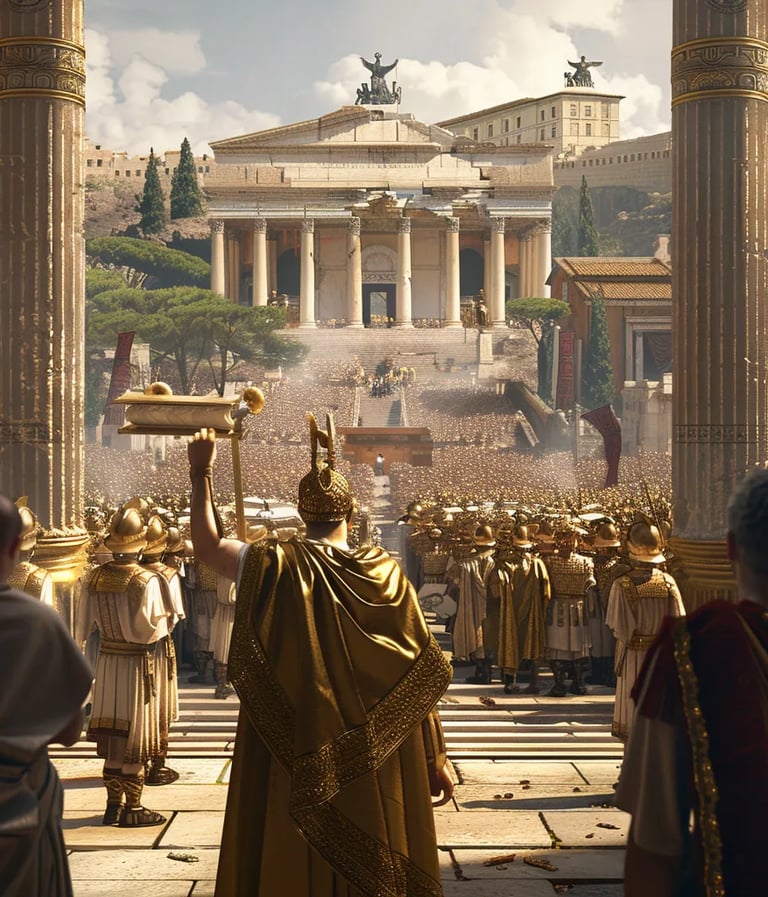

392 – Theodosius Declares Christianity the State Religion, Changing an Empire
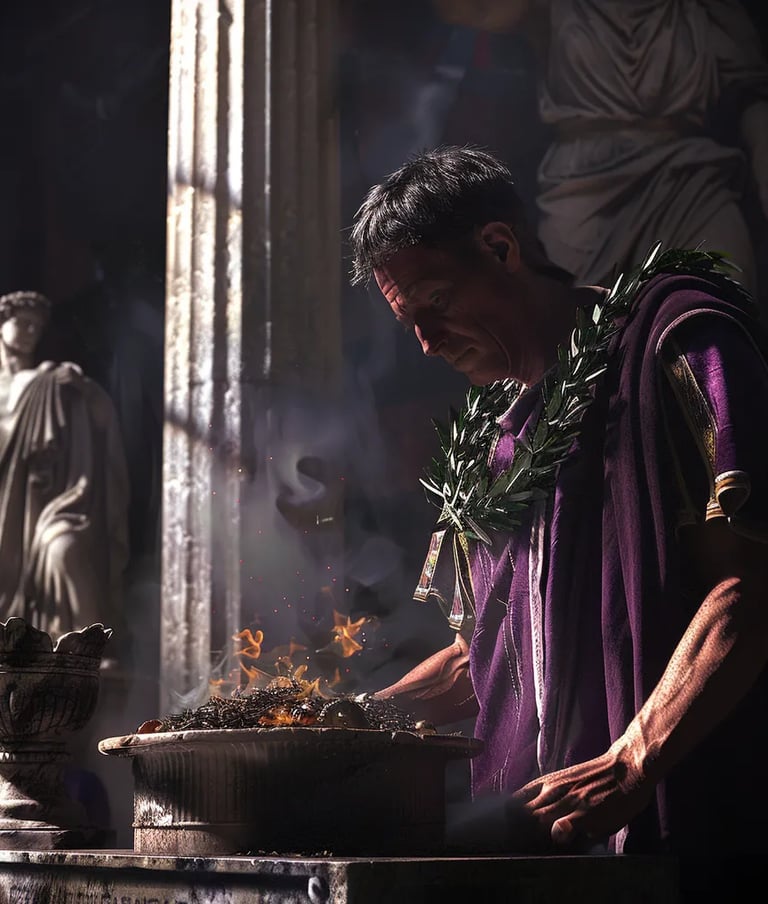



Sweden woke to horror on November 8, 1520, as Danish forces, led by King Christian II, successfully invaded Stockholm. What followed was a chilling display of power—the execution of nearly 100 nobles, bishops, and officials over three days. The massacre, known as the Stockholm Bloodbath, was meant to secure Christian’s rule but instead ignited a rebellion that led to Sweden’s eventual independence.


1520 – The Stockholm Bloodbath Begins: A Brutal Invasion Unfolds




On this day, Benjamin Franklin changed the way knowledge was shared in the American colonies by founding the Library Company of Philadelphia. Unlike private collections reserved for the elite, this library allowed members to borrow books, fostering education and literacy. Franklin’s innovative idea laid the foundation for the public library system, ensuring that knowledge would be accessible to all, not just the privileged few.
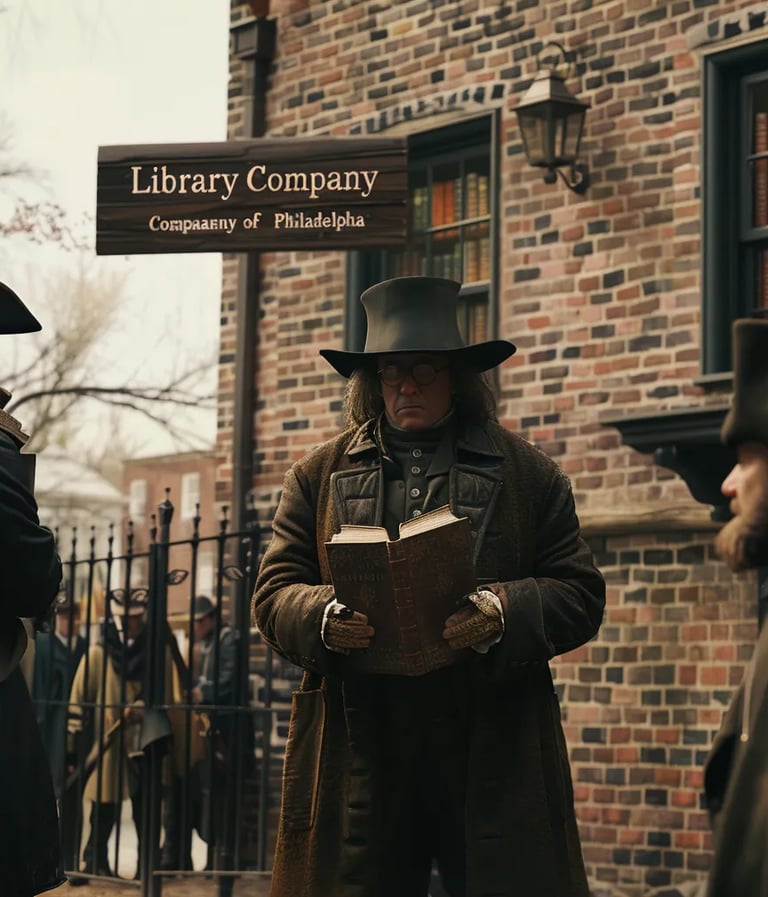

1731 – Benjamin Franklin Establishes America’s First Lending Library




A decision made on November 8, 1884, set the stage for one of history’s most brutal colonial regimes. The German government officially recognized King Leopold II’s claim to the Congo Free State, granting him unchecked power over the vast African territory. What followed was an era of horrific exploitation, forced labor, and violence that would later lead to global condemnation and reform efforts.
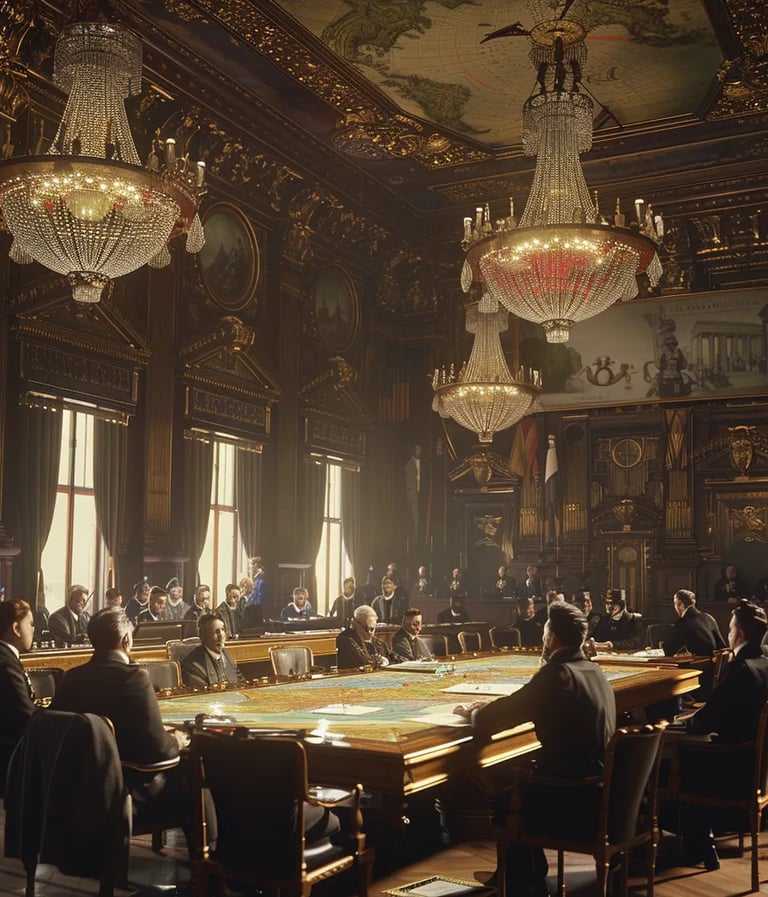

1884 – Germany Recognizes King Leopold II’s Control Over the Congo




A scientific breakthrough occurred on November 8, 1895, when German physicist Wilhelm Röntgen detected a mysterious new form of radiation. He called them "X-rays" because of their unknown nature. His discovery allowed doctors to see inside the human body without surgery, transforming medicine forever. Within weeks, the first X-ray images were taken, paving the way for modern diagnostics and life-saving medical advancements.
